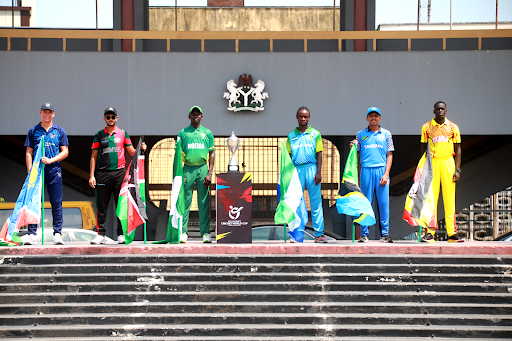
It's been a while that cricket enthusiasts, especially in Africa, have been speculating that the cricket landscape on the continent was experiencing a change. If you were in Lagos last week, you would have felt the movement of the tectonic plates as traditional power houses watched on while relative newcomers danced their way to the world cup.
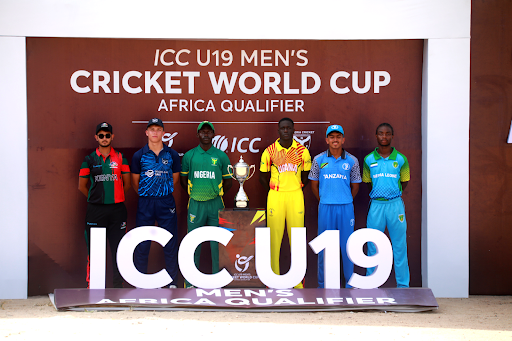
A week ago, history was made. With the trophy held aloft at the traditional home of cricket in Lagos, the U19 side from the eastern coast of Africa engraved their names into the marble plates of history. Led by their charismatic captain Laksh Bakrania, Tanzania breezed past giants Namibia, Uganda and Kenya; and even the hosts Nigeria to book their ticket to the next edition of the global event that will be held next year in Zimbabwe and Namibia.
This has been a long time coming for Tanzania, trying so many times and failing to reap the rewards for the many attempts. But that was until last week in Nigeria. This side became the first side in the history of the country, male or female, to appear at any ICC global event. Their showing spoke to thorough planning not just on the field, but off the field. After performing so poorly on home soil in 2023 (winning only one game - against Sierra Leone), they went through the previous round unscathed but many critics postulated that they faced inferior opposition and had the advantage of playing at home - in front of their teeming fans and on pitch conditions (probably prepared for their style of play).
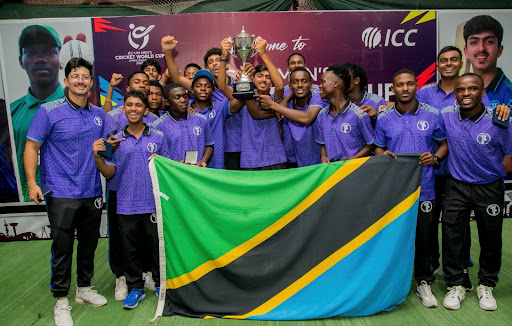
They took the criticism on the chin, flew over to a completely different environment and proved that they could repeat the feat anywhere. It did not matter to them on whose turf they were playing. Even when they faced their most difficult test against Namibia, they showed superior tranquility to edge past the continental giants and present themselves to the world as the latest debutants at the mondial event.
Having missed out of only 5 editions of the 15 since inception of the competition, Namibia would have been most people's pick for qualification to the World Cup. Their pedigree in the competition suggested to us that they were one of the favourites to clinch the lone ticket. Their unconvincing opener against the host nation may have been due to the fact that the conditions were new to them and the weather may have been too hot and humid compared to what they are used to at the southern portion of the continent. After that shaky start however, they recovered well except for one match - their third game which was against the eventual tournament victors, Tanzania.
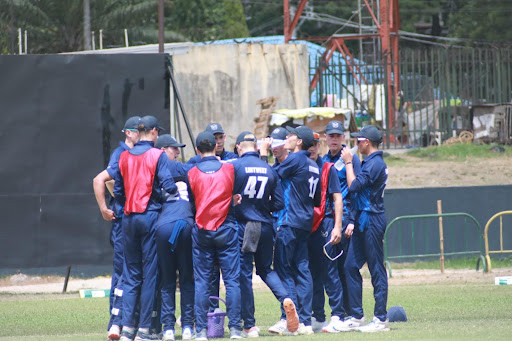
That close loss ultimately cost them the place on the World Cup plane and maybe sound a note of warning to them that "automatic qualification" is no longer a guarantee for them.
We have been seeing a recent resurgence in the game in Kenya but they appear to still be some way off from where they used to be. They were at the World Cup in 2018 but since then, they have found it hard to repeat the feat. They could only win one game in the 2020 qualifications and could not even make it out of Division 2 in the 2022 qualifying rounds. In the 2024 edition of qualifiers in Tanzania, they finished behind Namibia in second place and this time again, they finished behind Namibia in third position - suggesting that Namibia is still a tough nut for Kenya to crack.
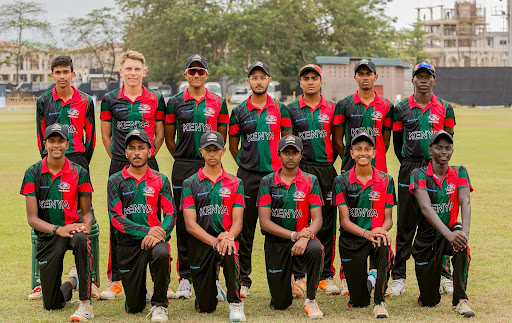
They have shown in the last few years that they have what it takes to get back at the level we once knew them for but the inconsistencies in their performances have been the reason for their seeming stagnation, not being able to push past Namibia to grab that coveted World Cup ticket.
Uganda's case is a really curious one. In 2022, they represented the continent at the world event in the West Indies but this term, they could only manage to beat an unimpressive Sierra Leone side and an unconvincing Nigeria team. In their other 3 encounters, they were decisively dispatched and that is not the Uganda that we used to know. It was not just the defeats, it was the manner of the defeats. They capitulated too easily to their opponents and in fact, if Nigeria had been a little bit more serious minded in their approach during the last match, they may have edged past Uganda.
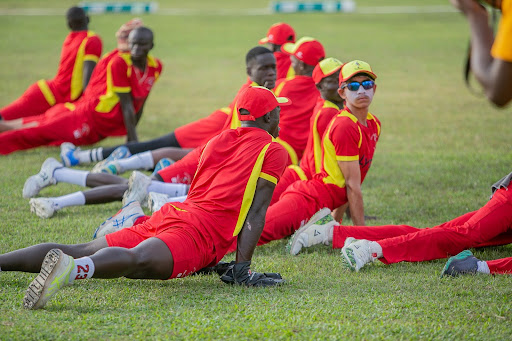
It appears to be back to the drawing board for the hosts as they failed to reach the heights that their fans were looking forward to. In their opening encounter against Namibia, the West African youngsters showed plenty of promise. At some point, they had Namibia on the ropes and struggling to cope with everything Nigeria was throwing at them. The West Africans had their adversaries on their knees, but a combination of inexperience and poor execution saw Namibia fight back to claim a win and break the hearts of many that rooted for Nigeria.
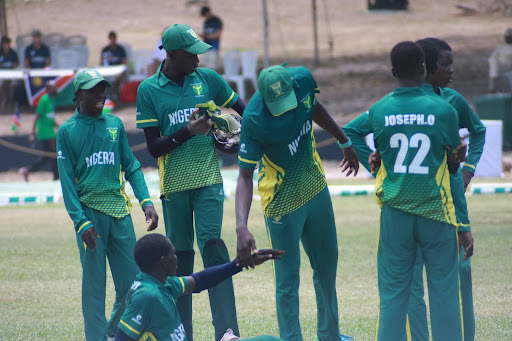
One question on the lips of observers though: did Namibia struggle because they did not know the pitch conditions and were struggling with the weather? We may never know but the performance from the Nigerian side afterwards may have given some credence to that theory.
Something appeared to be missing for Sierra Leone. During the qualifying rounds for Division 2 last year in Tanzania, they strolled through the group, topping it unbeaten to set up a semi final showdown with Nigeria. They dispatched Nigeria easily and went on to the final to face hosts Tanzania who edged them out in a nail-biting final in Dar es Salaam. One would think that the momentum would remain with them as they came for the concluding part of the qualifiers in Nigeria. When the Sierra Leone senior men's team defeated Nigeria on home soil during their 2021 tour, their U19 coach (Abu Kamara) was a member of that side.
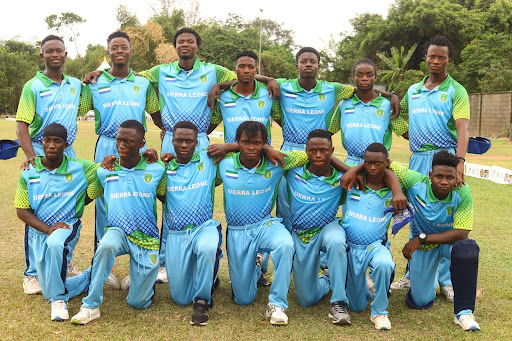
Youngster George Sesay also happened to have featured in that team that toured Nigeria. Whatever it was that is missing, Sierra Leone sure needs to look inward and maybe think of rebuilding from here.
If there is one thing we have learnt in these past few years, it is that no country can stake any claim as being the powerhouse of cricket anymore in Africa, especially in age-grade competitions. In the last 10 years, only one country has been able to qualify back-to-back for the World Cup (2016 and 2018) and have managed only one more qualification since then (2024). The last four editions have given us four different representatives for the world cup.

This is a very exciting development for the game in Africa and it is good testimony of how countries are starting to give more attention to the game at the grassroots level - something that has been a major focus of the ICC.
